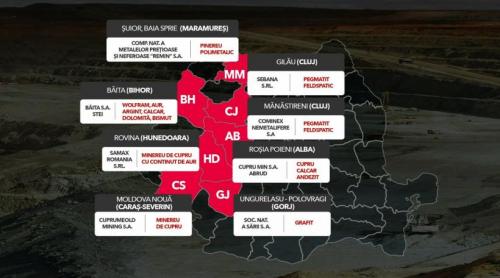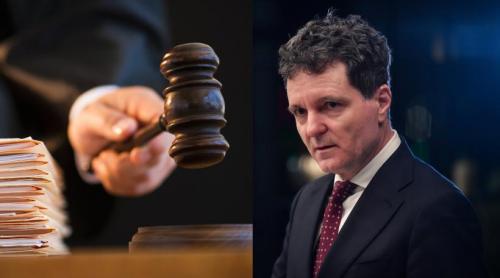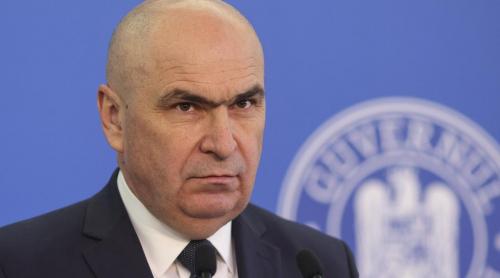
In 2008, the anti-missile shield that is about to be installed by the USA in Central Europe, at the gates of Russia, is reinitiating the Russian-American power balance. The problem was present in the agenda of the NATO-Russia Council during the Summit in Bucharest and it became the main issue during the Bush-Putin meeting in Soci.
The fact that the crisis of the missiles placed by the USSR in Cuba started in 1962, showed the danger of the end of the strategic balance between the powers of the Cold War. USA brought this to the UN. In the middle of the bilateral dialogue, President Kennedy transferred the negotiations in a bilateral environment and he and his Soviet counterpart, Nikita Hrusciov, got to a different deal. Even though this was a way to avoid conflict, many people regretted the fact that the solution came from the confrontation of the forces of the opponents, but not from applying the international laws.
In 2008, the anti-missile shield that is about to be installed by the USA in Central Europe, at the gates of Russia, is reinitiating the Russian-American power balance. The problem was present in the agenda of the NATO-Russia Council during the Summit in Bucharest and it became the main issue during the Bush-Putin meeting in Soci. Real progress could be seen only during the later meeting.
The lack of confidence in the international organizations and in their capacity to defend the global order is a characteristic of the neo-conservative school. The wish of the great powers to negotiate in bilateral format is not just about lack of trust, but also about the interest in valuing the power disproportion between them and the ones they negotiate with. It is interesting that the USA as well as Russia prefer to negotiate with the EU members, but not with the EU as a group. From this point of view, Washington and Moscow are on the same side when they talk about the visas’ issue or about the anti-missile shield or about the petrol and gas pipes.
After the terrorist attack on the 11th of September 2001, NATO made an extraordinary act of compassion by agreeing to consider that the respective aggression, even though it didn’t come from a certain state, could have started the solidarity clause of the 5th article of the Treaty in Washington. The USA thanked, but preferred fight on their own. The fact that they had to coordinate their actions with the ones of the allies made them uncomfortable. This is what led to: “Alone, if we can; together, if necessary!”. In Bucharest, there were requests for more NATO soldiers in Afghanistan because, in the meantime, after they won the war, the USA saw they were not able to win peace as well.
When it was about the intervention in Iraq, the allies told the White House the fact that it didn’t think about their reserves and wanted to go to war with a cropped coalition. The American Administration replied that the target is not chosen depending on the means, but the means are chosen depending on the target. It is obvious that the target is made unilaterally; therefore outside the alliances.
The most serious issue to be discussed upon during the NATO Summit in Bucharest wasn’t observed as it should have been. I refer to the analysis of the current relevance of the 5th article of the Treaty in Washington, which took place during a parallel conference. The arguments and the conclusions of the debates don’t matter. The serious part is the fact that the discussion was initiated again; the fact that the solidarity with the ally is not necessary at all times in the conditions of an extended Alliance and of the bipolar world. The change in these rules is near. Even though he didn’t think about this in particular, Putin was right when he said the USA will transform NATO in another UN (an organization that offers the illusion of peace using the illusion of dialogue).
In the past, the USA-Russia dialogue managed to save the global equilibrium. Hrusciov didn’t want to attack America with the missiles in Cuba, but to determine it to withdraw their own in Turkey. Today, Putin is not afraid that the anti-missile shield will be used against Russia, but of the fact that it might modify the force equilibrium. In order to keep balance in its dynamics, Moscow created a crisis. To solve it, it asks for a reward: they want USA to give up on the right to dictate the terms of the agreement.
However, the world order is not bipolar anymore. The Russian-American equilibrium is not the global equilibrium anymore. The reason of the terror balance doesn’t work under the conditions of the global terrorism. The stability of the multi-polar globalization needs at least three global actors. Europe has to be third one. Does it know how?
















